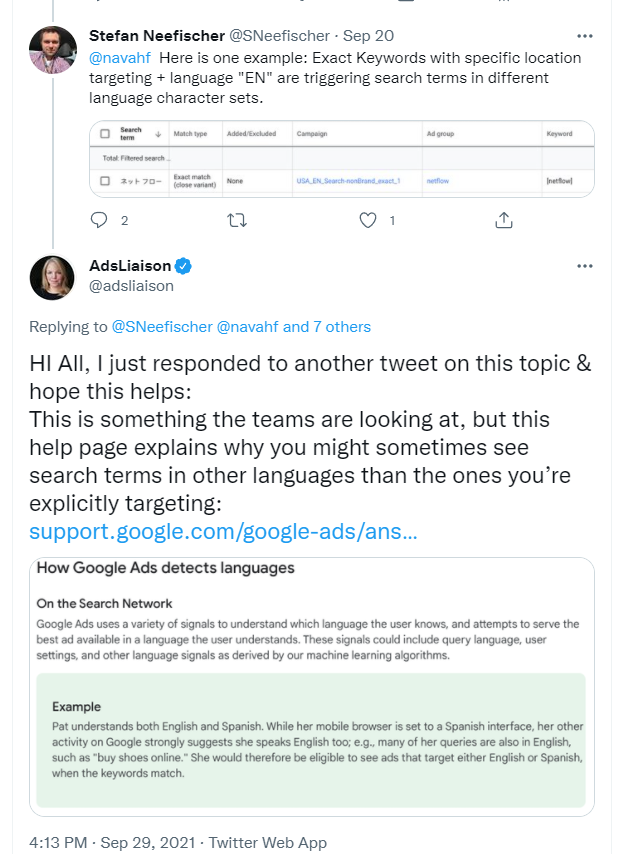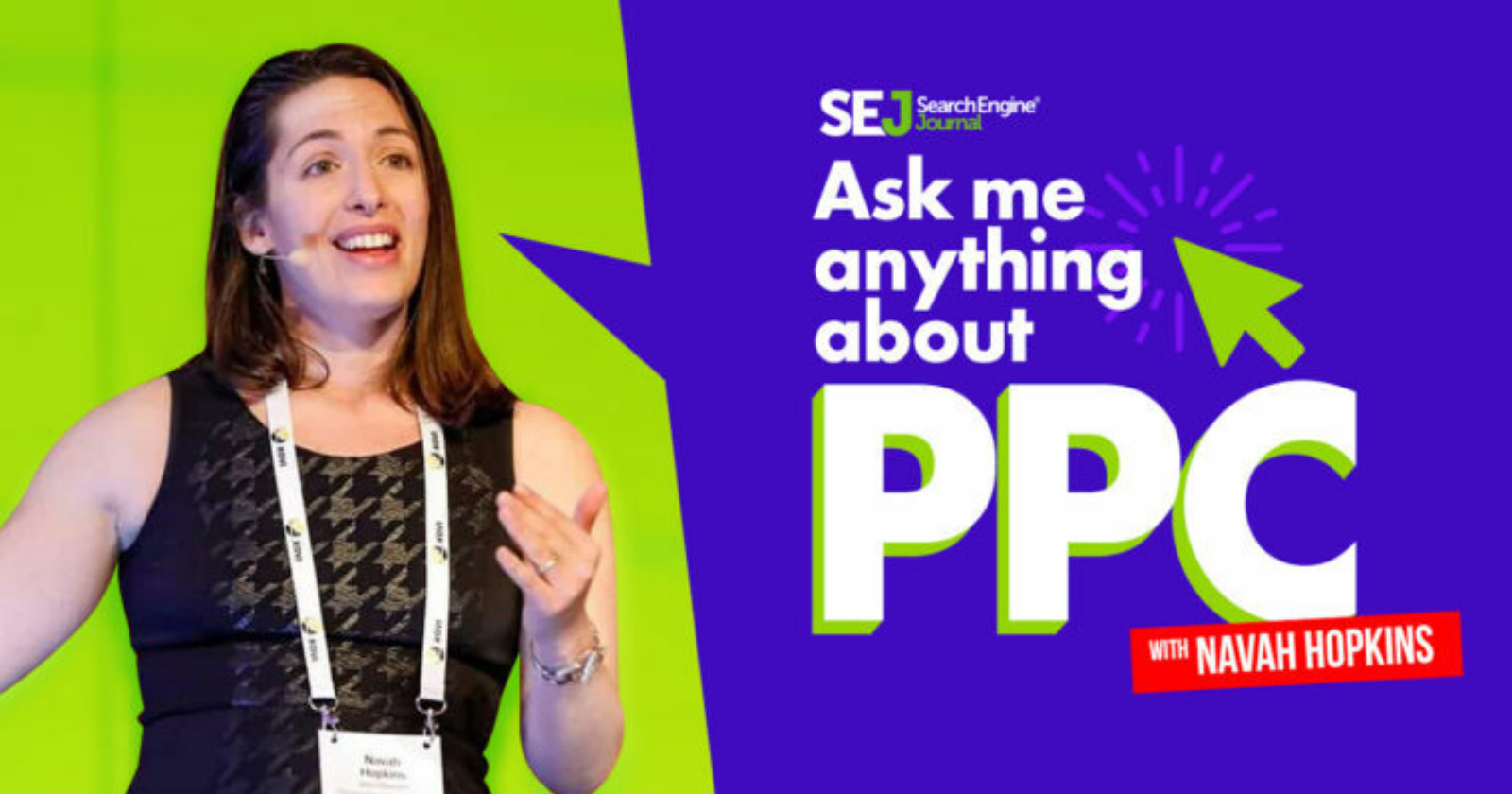All modern ad platforms now factor machine learning into their algorithms. Managing successful campaigns requires an understanding of the machine learning in each ad network.
This Ask the PPC question, from Chhote Lal in New Delhi, is an important one for account managers and those they report to:
“How does Google’s machine learning work in paid marketing?”
In this column, you’ll learn:
- What is machine learning?
- How does machine learning factor into paid search campaigns?
- How to optimize for paid search machine learning.
Advertisement
Continue Reading Below
Since the question was specifically about search, we’ll focus on search-first uses.
What is Machine Learning?
Algorithms are taught to process information through machine learning. The more data it has, the faster it will learn what to do with that information.
Different data points can carry different weights in the algorithm. It’s important to understand how data points are valued.
Data points can be completely objective, subjective, or a hybrid of human interaction and pure algorithmic learning.
Knowing what you can control is crucial to your success as you partner with ad network machine learning.
The other critical factor is the learning period (and that the algorithm is given enough time to process the data points).
Advertisement
Continue Reading Below
How Does Machine Learning Factor Into Paid Search Campaigns?
Machine learning impacts almost all of paid search. Any major change can influence how the algorithm processes your campaign.
These changes include:
- Bidding and Budgets: Drastic changes to budgets or changing bidding strategies.
- Audiences: Changing targets or excluding targets.
- Creative: Changing or adding creative creates a new version of the ad that won’t have access to the old ad’s stats.
- Campaign status: Pausing campaigns resets the learning period.
It’s important to note that manual campaigns aren’t as impacted by these changes, however, it is increasingly hard to run purely manual campaigns.
Running a manual campaign means opting out of the 60+ signals ad networks leverage in their smart bidding.
These signals are used to adjust bids according to the bidding strategy chosen and the given budget.
Additionally, while the verdict is still out on whether expanded text ads (ETAs) or responsive search ads (RSAs) perform better, RSAs tend to get more impression share.
Machine learning isn’t always an active choice. Keyword matching and audience tagging happens in the background, and are based on historic data.
Native audiences (in-market, affinity, etc.) are based on the algorithm learning that people completing one action are likely to complete another action/have other linked traits.
Advertisement
Continue Reading Below
When you ask the ad platform to find “similar” audiences to an uploaded list/website visitors, you’re using the seed audience to help the ad platform understand which prospects you find valuable and which ones are not.
Keyword matching and close variants are influenced by the likelihood of profitable outcomes, as well as real-time user behavior.
The algorithms are now smart enough to know if a user is bilingual and will allow their other language to trigger ads.
 Screenshot from Twitter.com, September 2021
Screenshot from Twitter.com, September 2021How to Optimize for Paid Search Machine Learning
It’s a lot easier to optimize when one has empathy for paid search’s machine learning.
Advertisement
Continue Reading Below
The most important mechanic is honoring learning periods and avoiding accidental resets.
If you need to scale a campaign, for example, be sure you budget in two weeks between each major budget increase.
If you need your campaign to slow down (or stop), lower the budget instead of pausing so you don’t reset the learning period.
Negative keywords and audiences can help ad platform algorithms understand which ideas and behaviors to match budget to (and which to avoid).
This is the most powerful way to influence machine learning and should be a part of all paid search accounts.
Conversions and conversion values are under-utilized machine learning tools. They are the easiest way to communicate with the paid search algorithm and allow you to see user behavior without asking the ad channel to value the action.
Advertisement
Continue Reading Below
Takeaways
Machine learning impacts almost all elements of paid search and understanding how to teach the algorithm is crucial to PPC success.
More Resources:
Have a question about PPC? Submit via this form or tweet me @navahf with the #AskPPC hashtag. See you next month!
Featured image: Paulo Bobita/SearchEngineJournal
Advertisement
Continue Reading Below
